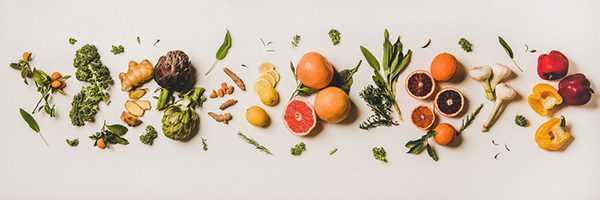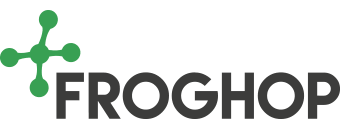Immune health is a hot topic at the moment and has been for at least the last year and a half. Partly in response to Covid-19, consumers are seeking new ways to ‘boost’ their immune system and keep infection at bay. More consumers are researching nutrition and natural immune health products. It’s also a fantastic opportunity to create naturally immune-healthy products.
In January 2021, Google searches for “immunity supplement” were three times higher than the previous year and at 84% of the average level of 2020. In the UK, the dietary supplement industry rose by 9% last year, reaching £494 million in value, with 36% of vitamin users taking them daily to boost their immunity.
Even before the pandemic, health and wellness – a market valued at more than $1.5 trillion – has been growing fast. So, it’s no surprise that food producers are increasingly eyeing up a (healthy) share of the pie. The pandemic has certainly accelerated these trends.
The market is ripe. But how exactly can you tune in to the opportunities to create a viable product that doesn’t just ride the wave but resonates with consumers?
Firstly, successful new product development is all about creating something that resonates, i.e. your product must meet a need. secondly, make sure that people understand what your product offers. If not, you’ll find it difficult to sell and scale.
Understanding the market
Currently, the vitamin and mineral supplements segments make up the largest share of the immune health market. Vitamins C, D and Multivitamins have enjoyed a real boost in sales. In the last year, there have also been studies published linking multivitamins, omega-3, probiotics, and vitamin D supplements with lowering the risks of Covid-19 in women, which – on top of an increased focus on health and self-care – has led to their stratospheric rise in popularity.
What’s interesting is that the multivitamins segment, which was decreasing in favour of single vitamin and mineral consumption, today presents about half of the market. However, it’s also notable that many consumers aren’t just seeking supplements but foods that are naturally high in vitamins, minerals and antioxidants. They’re taking a more holistic and healthy approach to their diet. As the least competitive segment of the market, this presents a clear opportunity for product development.
Making a health claim
The food supplements industry is highly competitive. In the USA, the FDA estimates that more than 29,000 different dietary supplements are currently available. Not only that, an average of 1,000 new products are introduced every year. When it comes to launching a supplement, you will most certainly have your work cut out.
Health claims are the key to making your product stand out and resonate with consumers seeking to boost their immune health. A small group of nutrients are approved to contribute to immune health function (supported by clinical studies).
Vitamin D is perhaps the most well-known for its positive effect on the immune system. Other nutrients with immune health benefits include Vitamin A (found in leafy greens and carrots), B vitamins, Zinc, Folates and Selenium (found in meat, seafood, poultry, eggs, dairy), Iron (whole grains, dried fruit, cacao), and Copper (nuts, shellfish).
If you want to create a product with a valid immune health claim, you have to make sure there is a sufficient level of one or more of these nutrients in your product at the start and end of its shelf life. To truly gain a competitive edge, I think it’s essential to offer something extra.
Stand out with natural immune health products
Making your product resonate with consumers gives you a competitive edge. What makes your product special beyond the health benefits it provides?
 Particular ingredients act as ‘cues’ for consumers to help them understand what your product is offering. Such components may not have a health claim, but they help signpost the benefits of your product. Citrus fruits, for example, have a strong link with Vitamin C and are readily associated with immune health. Similarly, echinacea, turmeric and green tea are instantly recognisable for their health benefits. These can all fit in with the overall positioning of your product.
Particular ingredients act as ‘cues’ for consumers to help them understand what your product is offering. Such components may not have a health claim, but they help signpost the benefits of your product. Citrus fruits, for example, have a strong link with Vitamin C and are readily associated with immune health. Similarly, echinacea, turmeric and green tea are instantly recognisable for their health benefits. These can all fit in with the overall positioning of your product.
When it comes to ingredients, think beyond the ‘claimable’ and source a broader range of ingredients to diversify your product and drive its sensory profile. Give your product a shot of something special while emphasising the health benefits at the same time.
